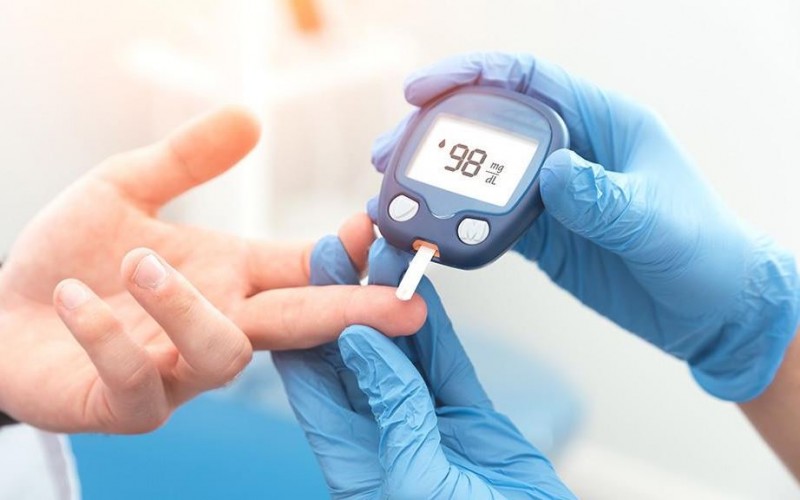
Blood pressure fluctuations are a common health issue, with both high and low blood pressure posing significant health risks. Low blood pressure, or hypotension, can be particularly concerning as it might not always present clear symptoms until it reaches a critical level. Recognizing early warning signs of low blood pressure can help you take proactive measures to prevent serious health issues. Here's a detailed look at how to identify these symptoms and what steps you can take.
Understanding Low Blood Pressure
Low blood pressure occurs when the force of the blood against the artery walls is insufficient to ensure adequate blood flow to the heart, brain, and other vital organs. This can lead to symptoms such as dizziness, fainting, and in severe cases, shock. It's important to be aware of the signs that indicate your blood pressure might be dropping so you can address the issue before it becomes more serious.
Early Symptoms of Low Blood Pressure
Dizziness and Lightheadedness
One of the first signs of low blood pressure is dizziness or lightheadedness, particularly when standing up quickly from a sitting or lying position. This happens because a sudden drop in blood pressure can reduce the amount of blood flowing to the brain.
Fainting
Fainting, or syncope, is a more severe symptom that occurs when the brain is not receiving enough blood. This can result from a sudden drop in blood pressure and can be alarming if it happens frequently.
Nausea and Vomiting
Gastrointestinal symptoms like nausea and vomiting can also signal low blood pressure. When blood pressure drops, it can affect the digestive system and lead to discomfort.
Blurred Vision
Blurred or dimmed vision can be a sign that the blood pressure is not adequate to maintain normal eye function. This symptom can be temporary but should not be ignored if it recurs.
Difficulty Breathing
Difficulty or shortness of breath can occur if blood pressure is too low, making it hard for the body to get enough oxygen. This can lead to feelings of breathlessness and a general sense of weakness.
Extreme Fatigue and Weakness
When blood pressure is low, you might experience unusual fatigue and weakness. This happens because your body is not getting the necessary oxygen and nutrients it needs to function properly.
Steps to Take if You Notice These Symptoms
Stay Hydrated
Dehydration is a common cause of low blood pressure. Drinking plenty of fluids helps maintain blood volume and pressure. Aim for water, herbal teas, and electrolyte-rich drinks to stay hydrated.
Eat Small, Frequent Meals
Large meals can sometimes cause a drop in blood pressure. Eating smaller, more frequent meals can help maintain stable blood pressure levels throughout the day.
Use Compression Stockings
Compression stockings can help improve blood flow and prevent blood from pooling in the legs, which can alleviate symptoms of low blood pressure.
Incorporate More Salt in Your Diet
Salt can raise blood pressure, but it's important to use it cautiously and consult with a healthcare provider before making significant changes to your salt intake.
Avoid Alcohol
Alcohol can lower blood pressure further, so it's advisable to limit or avoid its consumption, especially if you are prone to low blood pressure.
Monitor Your Blood Pressure Regularly
Regular monitoring can help you track changes in your blood pressure and recognize patterns that might indicate a problem.
Consult a Healthcare Professional
If you experience persistent symptoms or severe drops in blood pressure, it's crucial to seek medical advice. A healthcare professional can provide a diagnosis and appropriate treatment plan.
Recognizing the early symptoms of low blood pressure is vital for preventing more severe health issues. By paying attention to signs like dizziness, fainting, nausea, blurred vision, difficulty breathing, and fatigue, you can take steps to manage and stabilize your blood pressure. Remember, if you experience these symptoms regularly or they are severe, consult a healthcare professional to ensure your health and well-being.
How to Make Your Lips Look Like Rose Petals: Just Follow These Easy Tricks
India and Singapore Strengthen Collaboration in Future-Focused Sectors